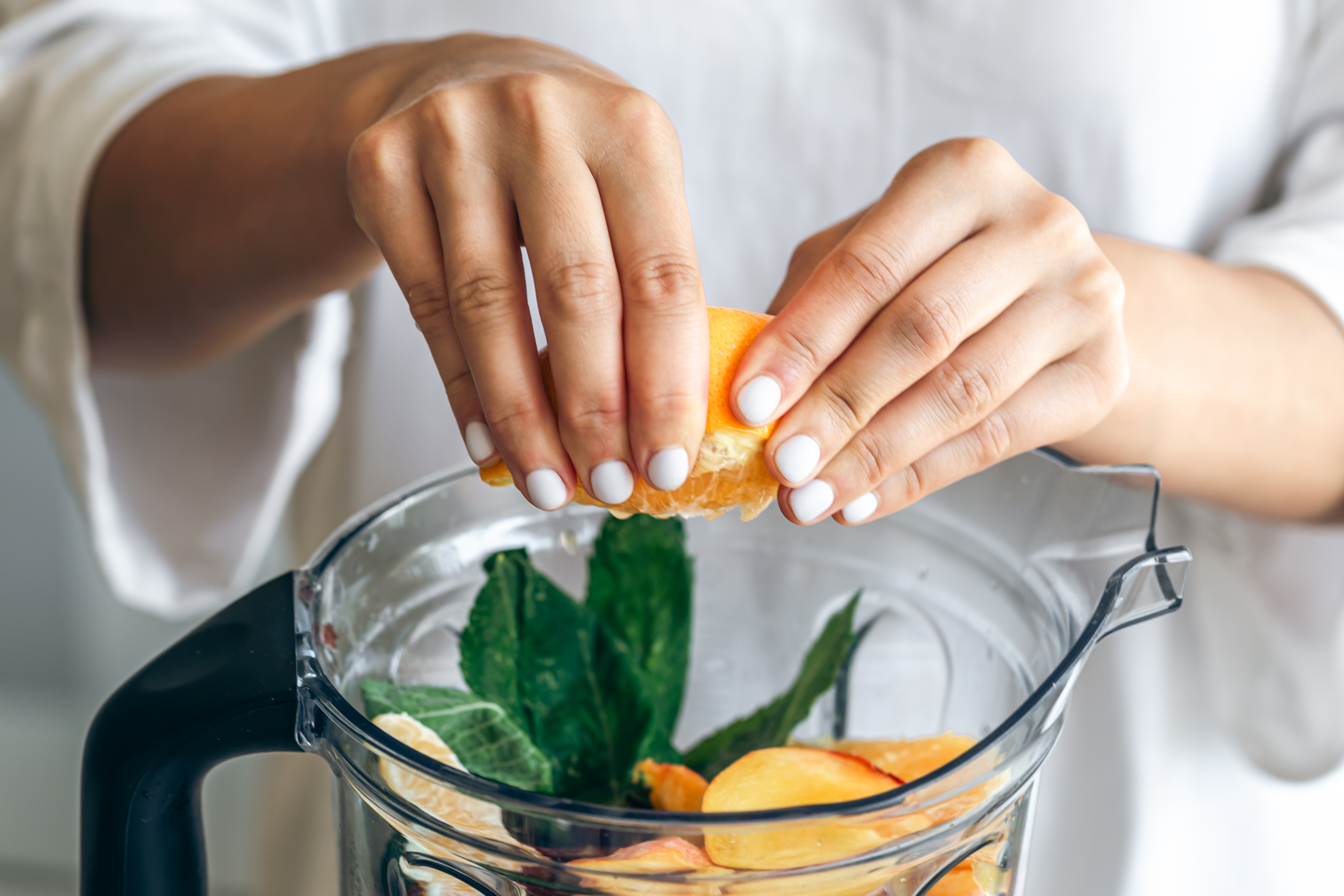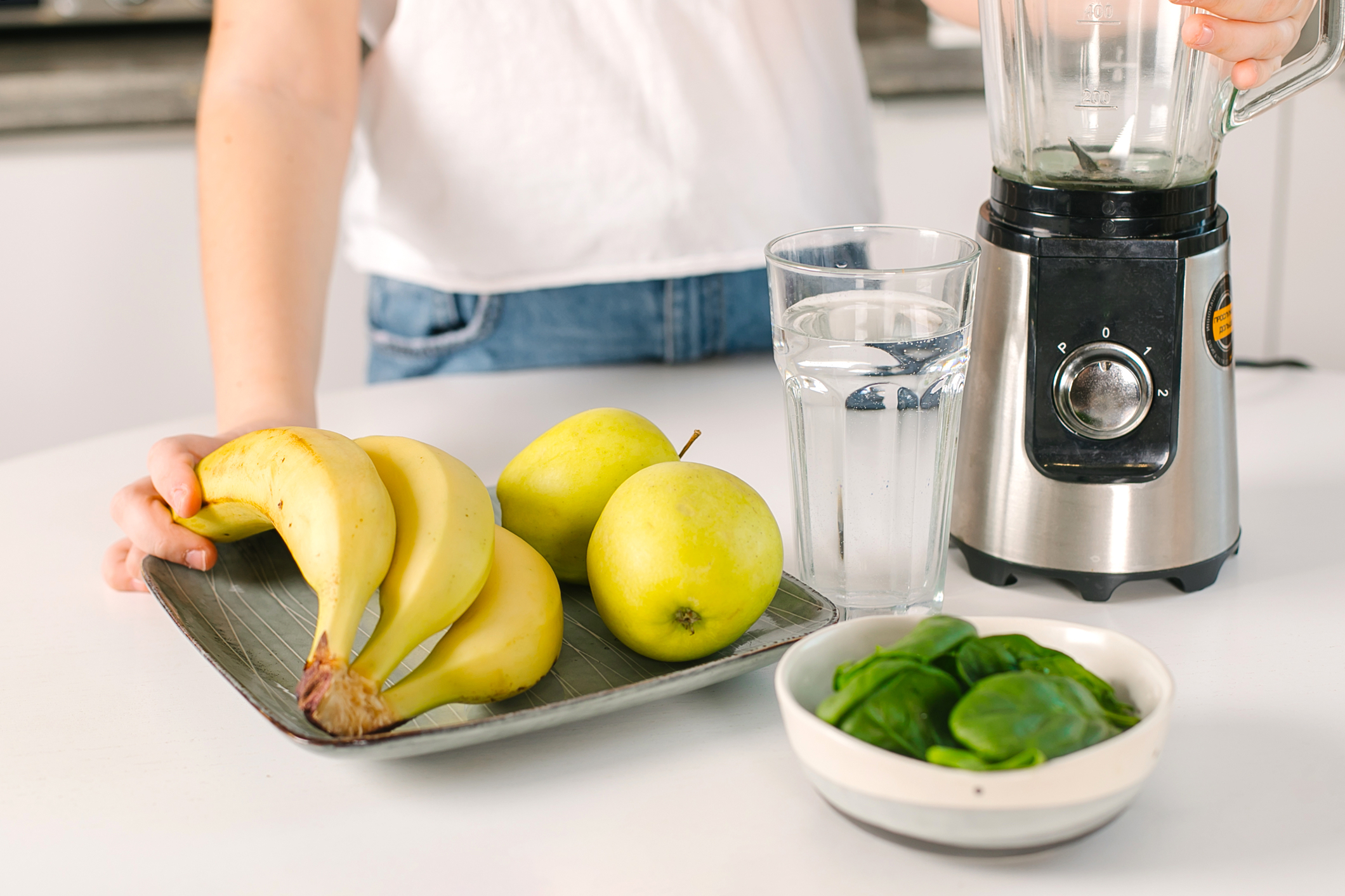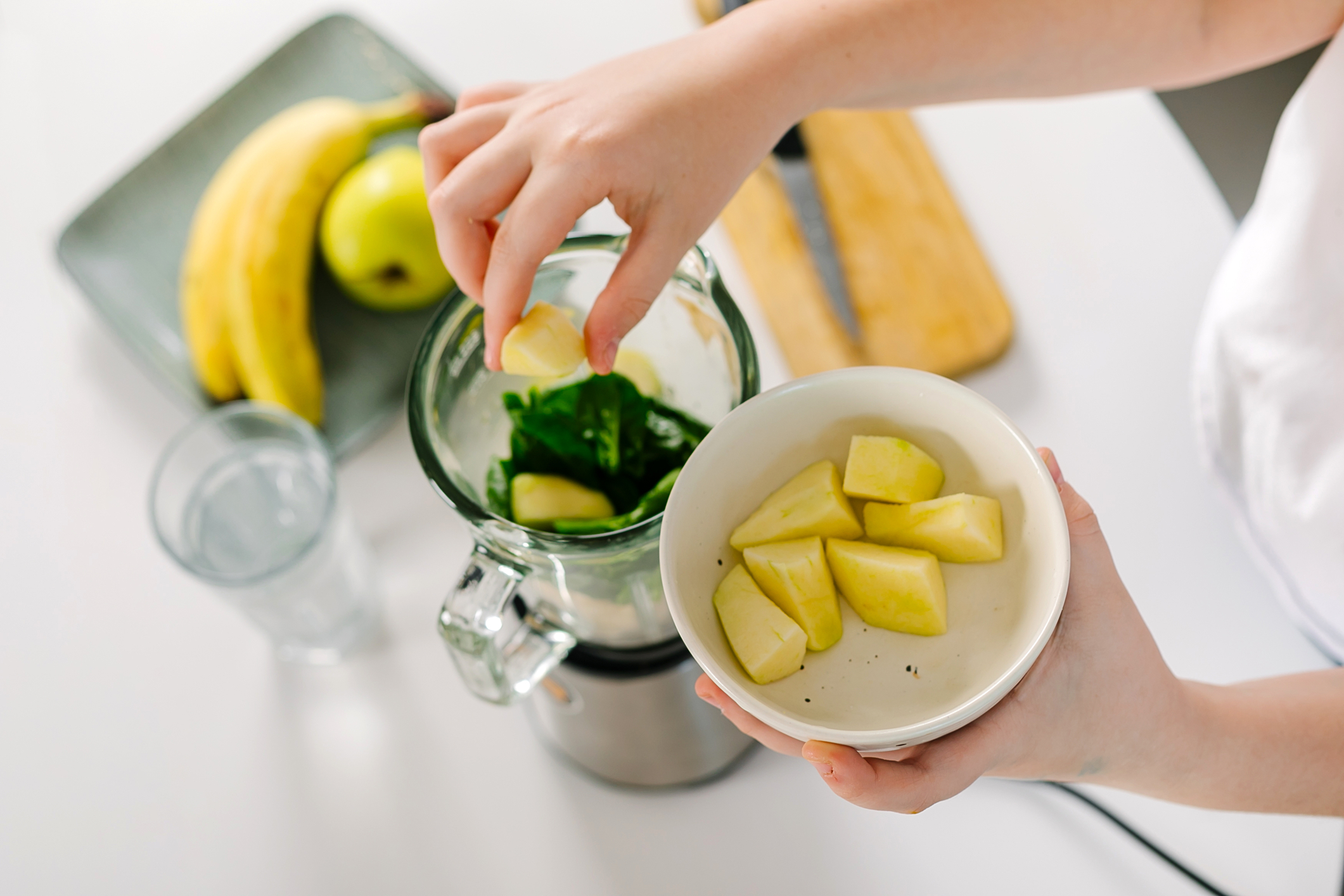Diving into the Truth: Five Debunked Myths About Health Drinks and Their Supposed Benefits
The world swirling around health drinks often builds on the belief that these beverages brim with exceptional nutrition. Consumers are fed the idea that health drinks supply a "bigger bang for the buck" nutrition-wise, compared to solid foods or good old-fashioned water. But studies from the National Institutes of Health suggest that good quality, well-balanced diets deliver abundant vitamins, antioxidants, and fiber, making the supposed superior nutrition in health drinks redundant. These researches firmly displace the myth, asserting that consistent consumption of wholesome meals, hydration through water and unsweetened beverages are what cultivate optimal well-being.
Debunking the Detoxification Myth

Another pervasive myth is that health drinks are the tickets to detoxification. These beverages, especially the green juice blends, are marketed as "miracle cleansers," promising to purge the body of toxins. However, research affirms that healthy, well-functioning organs like the liver and kidneys are our real detoxification warriors. According to the American Liver Foundation, the liver neutralizes harmful substances, while kidneys flush out waste, cresting waves of doubt on the capacity of health drinks to provide additional detox benefits.
Unraveling the "Energizing" Fallacy

Promises of instant energy bursts are indelibly inked into health drink advertisements. Nevertheless, the American Heart Association advises against the frequent consumption of these "quick-fix" energy boosters, which rely heavily on sugars to deliver the rush. The short, sharp spikes in blood sugar can lead to crashes, leaving the consumer more lethargic than before. A study by the Journal of the American Dietetic Association supports this, associating routine consumption of sugary drinks with a higher risk of type 2 diabetes.
Busting the "Weight Loss Wonder" Myth

Many health drinks sell the dream of effortless weight loss, but an investigation by the Mayo Clinic unfurls a different reality altogether. These concoctions often pack hefty calorie counts, ironically steering the consumer towards weight gain. Research shows that consuming liquid calories doesn't induce satiety the way solid foods do, leading to overconsumption and consequently, weight gain.
The "Immunity Booster" Inaccuracy

Health drinks, particularly those boasting of antioxidants, are hailed as must-haves for robust immunity. But the Harvard School of Public Health highlights that it's the overall diet and lifestyle, comprising of a variety of fruits, vegetables, lean proteins, healthy fats and consistent physical activity, that lay the groundwork for a strong immune system. Do health drinks contribute to immunity? Yes. Can they single-handedly support, boost, or replace basic health measures? The science says no.
The Not-So “All-Natural” Health Drinks

Finally, the attractive “all-natural” tags on health drinks can be misleading. According to the Food and Drug Administration (FDA), there are no strict regulations for labeling a product as “natural.” This means that your favorite health drink can still contain synthetic ingredients or preservatives, thus refuting the “all-natural” claim. It’s crucial to scrutine product labels for a true understanding of what you're consuming.